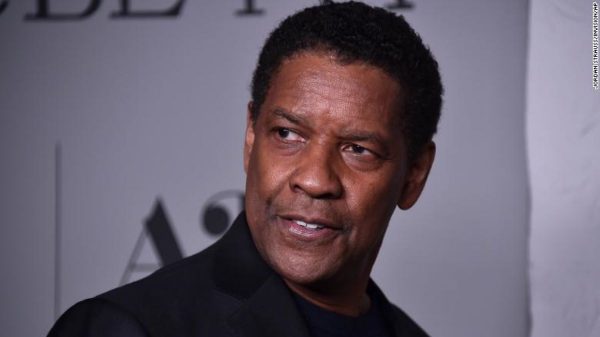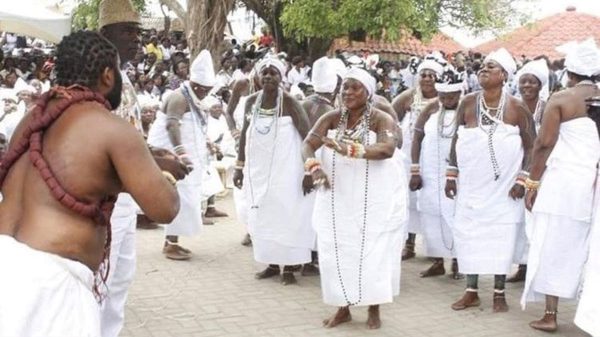China is already home to extensive facial recognition technology, using it to identify criminals, monitor students’ attention, and even let citizens purchase train tickets.
Now, in an attempt to enrich its surveillance arsenal, reseachers from the country have developed a 500 megapixel facial recognition camera capable of capturing “thousands of faces at a stadium in perfect detail and generate their facial data for the cloud while locating a particular target in an instant.”
The AI-based cloud camera service was developed in collaboration between Shanghai-based Fudan University and Changchun Institute of Optics, Fine Mechanics and Physics of Chinese Academy of Sciences in Changchun, according to Global Times.
The “super camera” is also said to have the ability to shoot panoramic photos with a clear image of every single human face, something that can be put to use in extremely crowded public spots.
The facial recognition system has been designed keeping national defense, military and public security in mind, the report said, adding it could “serve as a watchdog at military bases, satellite launch bases and national borders to prevent suspicious people and objects from entering or exiting.”
Boosting its Social Credit System
The development comes as facial recognition tech has been the subject of a growing debate among civil liberty groups and lawmakers across the world, not to mention raising privacy concerns in a country well-known for its entrenched surveillance of its citizens.
It’s no secret that China has been hard at work designing a nationwide Social Credit System that employs a reputation-based behavioral ranking methodology to assess its 1.4 billion people and millions of businesses.
In addition, it has trained its sophisticated facial recognition-enabled mass surveillance system to target the oppressed Uyghur Muslim minority in Xinjiang province.
Earlier this month, China announced plans to expand this controversial practice for a corporate ranking system of over 30 million companies in the nation.
The system, which rewards good behavior with extra prvileges and bans those with lower scores from traveling, or getting government jobs, is expected to be rolled out officially next year. The technology is made possible by a fleet of surveillance cameras equipped with facial recognition, body scanning, and geo-tracking to exert digital control and monitor individuals’ whereabouts.
Viewed in this light, the new 500 megapixel camera could make the process a lot more efficient.
Not just China
Elsewhere, Amazon and Palantir’s deals with law enforcement agencies in the US have attracted scrutiny, while a UK high court recently ruled in favor of police using automatic facial recognition technology to search for people in crowds. San Francisco has banned police from using it altogether.
India, meanwhile, has invited bids to build a system in order to centralize facial recognition data captured through surveillance cameras across the country and match them against a national criminal database.
Complicating the matter is the lack of oversight and data protection regulations to prevent exploitation of such sensitive data for dubious purposes.
“A system that can identify criminals is invaluable — facial recognition is a powerful tool,” said Nilabh Kishore, deputy inspector general of the Indo-Tibetan Border Police told Bloomberg last week. “But human intentions are also very important. You can make the best of technology, but if human intentions are wrong it can be a tool for misuse.”
(Source: Ravie Lakshmanan)






























































































